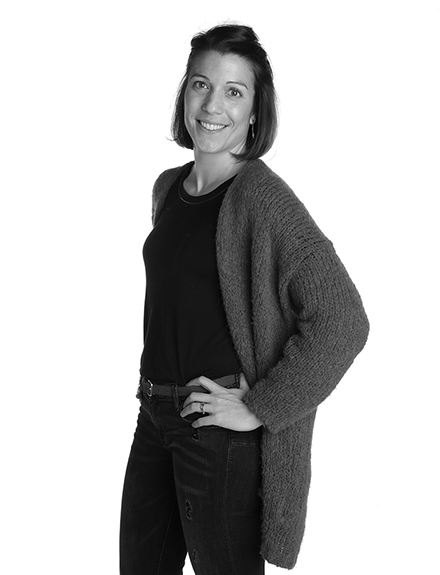| marie-hélène le ny |
|
photographiste |
|
"When
I found out about the sociology of sport, I knew that that's what
I was going to do! I used to be very sporty but for a long time
I had also developed a taste for history and social sciences.
I enrolled in a sports science degree and then a research master's.
Then I did a thesis during which time I worked with young North
African female immigrants, footballers or gymnasts, who identified
as practicing Muslims. It was quite interesting to see the impact
of the different socialisations, such as family, sports, and
school, and to see how these socialisations influenced one another.
When sport is taken on early and gains importance in girls'lives,
they do wathever it takes it compatible with the various restrictions
they face. In my sociology studies and research laboratory, we
have initiated a project about adolescent girls who drop out
of sports. Our target population is third-year secondary school
students from two schools: one in a very rural area and the other
in an urban area. The first study I conduct in Palestine was very enriching on both a scientific and human level. A sports federation had requested a qualitative assessment of women's sports practices following the creation of a sports centre in an underprivileged neighbourhood in the town of Hebron. It had changed their lives! Similar processes are evident in some neighbourhoods in France. It is interesting to study the elsewhere to then propose analyses by seeking common ground. The issue of equality has been on my mind since I was little; I never accepted that girls and boys are not entitled to the same things. I teach a course in sociology of education which focuses on different forms of inequality, especially gender inequalities. We know that vague and harmful mechanisms are established to justify such inequalities. I also teach the history of women's access to sports." |
|
||
|
Charlotte
Parmantier, |
|||
|
|
|
|
